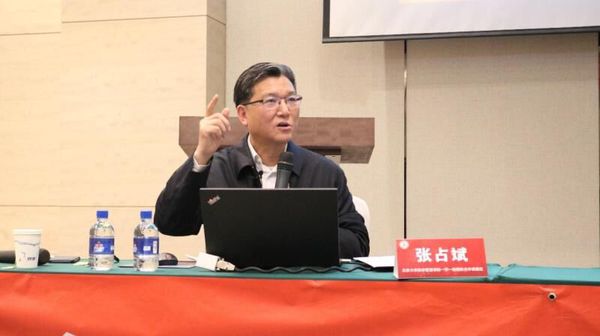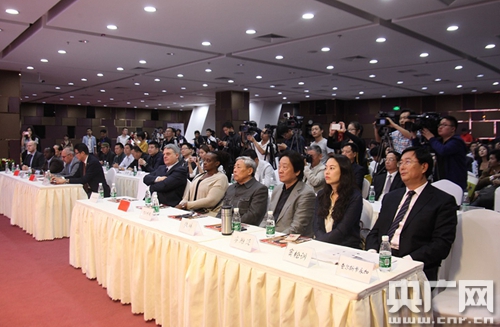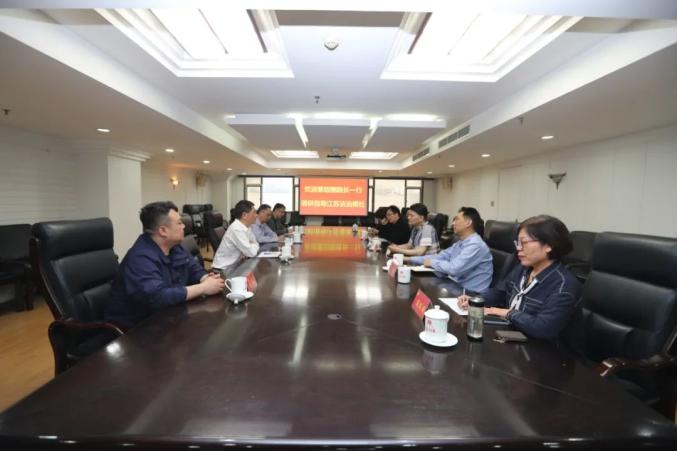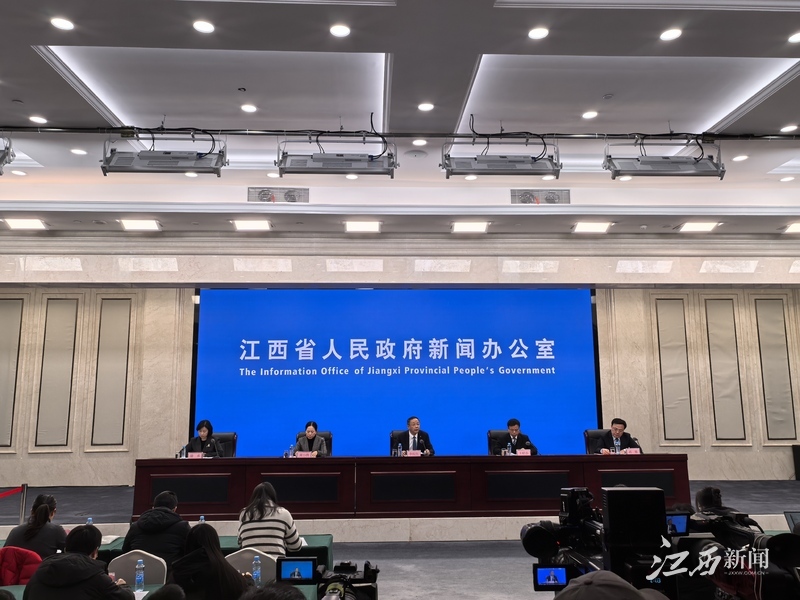Why Can't North Korea Become Rich? Because Its Development Path Has Been Locked By The "1718 Committee"
Why Can't North Korea Become Rich? Because Its Development Path Has Been Locked By The "1718 Committee"
**North Korea's destiny and dilemma: From economic miracle to survival battle**North Korea, this small country that many people will frown first when talking about is once a place where the per capita GDP makes Koreans jealous of them. It may be hard for you to imagine that in the 1950s and 1960s
**North Korea's destiny and dilemma: From economic miracle to survival battle**

North Korea, a small country that many people will frown when talking about, was once a place where Koreans jealous of their per capita GDP. You may be hard to imagine that in the 1950s and 1960s, the place where Koreans rushed north was now in a situation where the people had just solved their food and clothing. The rise and fall of this century cannot be explained clearly by a few slogans. If there is a fate called internal and external troubles, then North Korea is undoubtedly the most typical example. But its fate is particularly complicated, with so many helpless struggles and bold resistance.
The story starts with North Korea's "economic miracle" in the last century. At that time, North Korea was a new republic that was out of the ruins of war. Don’t think that a modern economy is ready-made. North Korea was so poor back then: the land was blown up, the countryside became a battlefield, and the industrial foundation of the entire country was equivalent to a blank volume. After the war, the huge working population also suffered many casualties, leaving only one land without anyone to cultivate, and even the hope of reconstruction seemed out of reach. But people are poor and ambitious. The North Korean people rolled up their sleeves and worked hard, and set up a framework for economic development on the ruins.

The leader at that time, Kim Il-sung, had some vision. He brought China and the Soviet Union - these two huge "socialist big brothers" as their backers, asking for money and technology, and the low-interest loans on both sides were thrown into the North Korean economy. It was really a bit of a big deal. You see, both of them receive assistance. The more some people help, the more they become, the more they become, the more they become, the more they are, the more they are. I don’t know if it was the tenacity of the North Koreans or the wealthier family. In short, by the end of the 1950s, North Korea’s first “five-year plan” made rapid progress. Within a few years, economic indicators began to make other Asian countries “envy, jealous and hate”.
However, when North Korea was the most magical time, around the 1960s and 1970s, many people called it the "Far East Twin Legends", which was on par with Japan. Agriculture alone can write a book: Food is not only self-sufficiency, but even irrigation and mechanization of farmland are done. Did you know that South Korea was still relying on foreign imported rice to fill its stomach, and North Korea's rice was almost a joke when it was a good year for the weather. Of course, this is also related to North Korea's industrial system. Light industry and heavy industry are well-organized and support each other. This makes North Korea an unusual country with steady path. Unlike many developing countries that have overdoed heavy industry, let alone food, even people can hardly care about it.

But, the fate of a country has always had several critical moments, which makes people never tell why it went wrong. By the 1990s, North Korea's policies began to change, and between economic and military, they chose the latter. The choice is simple, but it is not as easy to walk. In order to covet temporary "security", it has even turned the country's resources into the military, and nuclear tests have even become the biggest goal. This decision may be a life-saving talisman in Kim Jong Il's mind, but in the eyes of outsiders, it is like taking a deviant path that can allow farmers to have more than two acres of rice.
In October 2006, North Korea's nuclear test made the world feel like it was a sensation. The mushroom cloud rising in North Hamgyong Province has become the keyword for everyone on the international stage. You can guess the reaction of Western countries. Each face is darker than coal. They unite to accuse North Korea of saying that it undermines world peace and threatens international order. In fact, their true feelings are quite simple: a small country has nuclear weapons, who can still hold the territory of East Asia with peace of mind? Not to mention the pressure from the United States, it has set up bases and laid out interests in Northeast Asia. North Korea suddenly jumped out and wanted to completely change regional rules. Who can agree?

The most direct reaction was sanctions. Not long after, "Resolution 1718" emerged. This resolution will impose all sanctions on North Korea from the economy to the military: all funds, exports, technology and energy are cut off. Not to mention nuclear weapons research, life in the entire country has fallen into an unprecedented difficult situation. North Korea does not admit defeat, but its backbone is the backbone, and life cannot be sustained by shouting slogans.
Do you know how much impact the oil shortage and energy shortage will have on a country? Industry cannot continue, machines cannot be driven, and even agricultural tractors have begun to be idle. The shutdown in urban and rural areas is like a wheel that is gradually hollowed out. The steel plant has no coal burning, the power plant has no fuel to supply power, and grain production has also begun to decline. How can it continue? At that time, North Korea had problems with its most basic self-sufficiency system and became a country that increasingly needed foreign aid. The living standards of ordinary people have plummeted. In many villages and towns, even a meal for children may be a problem. Some people often say that the backbone in poverty is the most valuable. Of course, North Korea also has this tenacity, but no one is willing to return to the era of food and clothing, because it is not a day at all.

The frozen economy certainly won't figure out where its "export is" unless it can break the lockdown. North Korea really wants to cooperate in depth with its neighboring countries, and our China's "Belt and Road" policy has also filled a lot of gaps for it. For example, North Korea's infrastructure construction and Internet development are inseparable from China's aid in many aspects. To be honest, if it weren't for a network line, it might have become an isolated island in the international community. But this is just a corner of the dilemma after all. North Korea is still tightly sanctioned by the international community. As a country that has been "deliberately thrown to the edge of the map", it has never seen complete development opportunities.
Having said that, I don’t actually think that Kim Jong-un’s obsession is all wrong, because to put it bluntly, he doesn’t want North Korea to become a weak man who doesn’t even have a fate. But the problem is that if you are both backbone, putting the right direction can become motivation, and putting the wrong direction may also drag everyone down. This is a question mark for North Korea, and we don’t know what next step it will choose. Michelangelo said it well: "Disaster is a hammerhead, a furnace, but what is always forged is not just pain." If you go right, it may usher in a little opportunity; if you go wrong, it may really be trapped forever decades ago.

Strangely, it has been isolated internationally for so many years, but has not bowed its head. If there are still countries in this world who live for backbone, North Korea is one.





